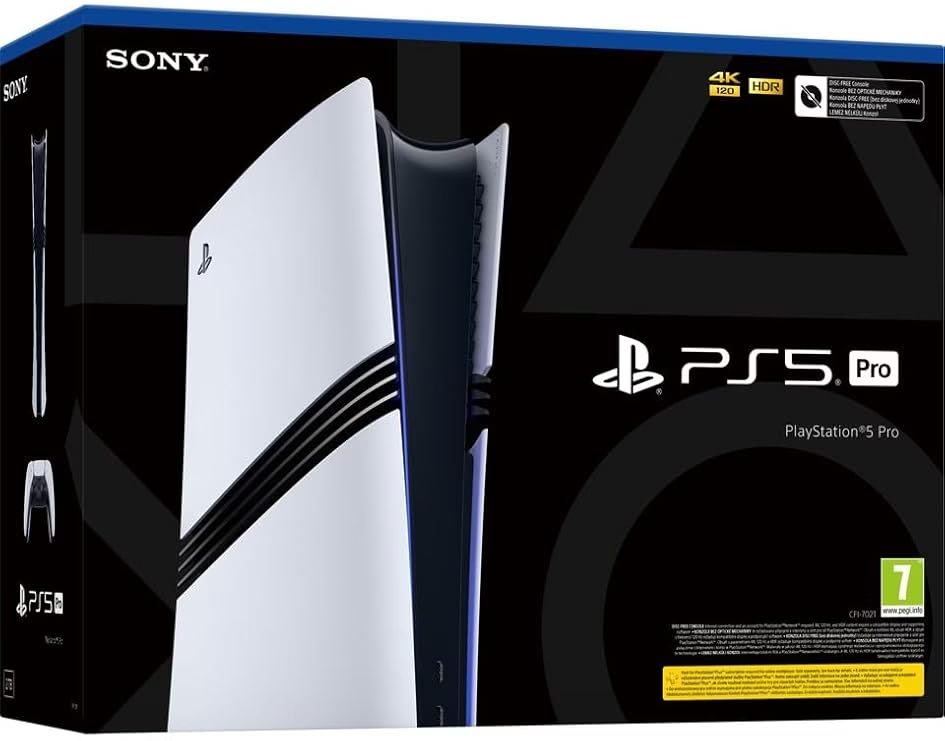While PC gaming continues to grow thanks to powerful hardware and modding communities, console gaming has not only remained relevant — it has thrived. In 2025, consoles still hold a significant place in the gaming ecosystem, and this article explores why consoles continue to matter and how they stack up against their PC counterparts.
Simplicity and Accessibility
Perhaps the most defining feature of console gaming is its plug-and-play nature. Unlike PCs, which may require driver updates, hardware troubleshooting, or software compatibility checks, consoles offer a straightforward and consistent experience. A player can buy a game, pop it into the console (or download it), and start playing within minutes — no setup, no settings, no worries.
This simplicity makes consoles especially appealing to casual gamers or those who don’t want to manage the technical aspects of gaming. With automatic updates, built-in parental controls, and unified operating systems, consoles offer a stable and approachable platform for players of all ages.
Exclusive Titles that Define Generations
One of the strongest arguments in favor of console gaming is the depth and quality of exclusive titles. While PCs enjoy a broad range of indie games and early access content, consoles still receive some of the most polished, iconic, and story-driven games in the industry.
- PlayStation exclusives like Spider-Man 2, Demon’s Souls, and The Last of Us series continue to set benchmarks for cinematic gaming.
- Xbox exclusives such as Halo Infinite, Forza Horizon 5, and Hellblade II show the platform’s commitment to expanding its first-party offerings.
- Nintendo exclusives like The Legend of Zelda: Tears of the Kingdom, Animal Crossing: New Horizons, and Super Mario Odyssey define entire console generations.
These exclusives often shape gaming culture, spark online discussions, and even influence game development on other platforms. They are reason enough for many gamers to invest in a specific console.
Hardware Optimization and Performance
Although high-end gaming PCs can outperform consoles in terms of raw power, consoles offer one huge advantage: optimized performance for each game. Developers create console games with specific hardware in mind, ensuring stable frame rates, consistent visuals, and minimal compatibility issues.
With the PlayStation 5 and Xbox Series X, we now see 4K resolution, ray tracing, SSD-level load times, and 120 FPS gameplay on consoles — performance that was once exclusive to top-tier PCs. More importantly, these features are delivered at a significantly lower cost than building a similar PC setup.
This optimization also applies to user interfaces. Console operating systems are designed specifically for gaming, providing a fluid and intuitive experience that doesn’t require users to navigate file directories or manually tweak settings.
Cost-Effective Gaming
Let’s face it — gaming PCs can be expensive. Between graphics cards, CPUs, RAM, and other components, the price of a high-end rig can soar well above $2,000. Consoles, by contrast, offer competitive performance at a fraction of that cost.
The value proposition of consoles becomes even stronger when factoring in:
- Bundles and discounts during holidays or new game releases.
- Game subscription services like Xbox Game Pass, PlayStation Plus, and Nintendo Switch Online, offering hundreds of games for a monthly fee.
- Longevity of support, with consoles typically supported for 6–8 years with regular updates.
For budget-conscious gamers, the choice is often clear.
Social and Local Multiplayer
One of the most cherished aspects of console gaming is local multiplayer. While PC gamers can connect online, console users can easily plug in a second controller and enjoy games like FIFA, Overcooked, Mario Kart, or Call of Duty with friends in the same room. This social element fosters shared experiences, laughter, and competitive spirit that’s hard to replicate online.
Consoles also make online interaction simple and streamlined. Party systems, cross-platform play, voice chat, and integrated streaming features make it easy to connect with friends, join multiplayer matches, or share gameplay content.
Controller Experience
While PC gamers often use keyboard and mouse setups for precision, console controllers provide a tactile and immersive experience that many players prefer. The PS5’s DualSense controller has introduced haptic feedback and adaptive triggers that add physical dimension to gameplay — feeling the tension of a bowstring or the rumble of a distant explosion. Xbox’s Elite Series 2 controllers offer pro-level customization with swappable parts and programmable buttons.
These experiences are often designed directly into the games, offering a level of feedback and immersion that’s simply not possible with traditional PC peripherals.
Subscription Ecosystems and Services
Game subscription services have revolutionized the console gaming experience. Microsoft’s Xbox Game Pass leads the charge with day-one releases of major titles and a deep catalog that spans genres. Sony’s PlayStation Plus Premium includes a rotating lineup of AAA and classic games, while Nintendo’s service brings retro classics to modern audiences.
These services offer:
- Instant access to hundreds of games.
- Cloud saves and cross-device support.
- Perks such as free in-game currency, beta access, and exclusive content.
These ecosystems make it easier than ever to discover new games and keep costs down — something that can be difficult to replicate with traditional PC storefronts.
Future-Proofing and the Road Ahead
The future of console gaming looks promising. Sony and Microsoft are already exploring mid-generation refreshes with upgraded specs, while Nintendo’s next-generation console is expected to build on the success of the Switch’s hybrid design. As technology advances, consoles will likely incorporate more AI-driven features, better streaming integration, and cloud compatibility.
Interestingly, the lines between console and PC gaming are starting to blur. Features like keyboard and mouse support on consoles, cross-save functionality, and shared libraries indicate a growing trend toward convergence. However, consoles will always retain a unique identity built on exclusives, community, and ease of use.
Conclusion
While PC gaming offers unparalleled customization and performance for tech-savvy users, console gaming remains a dominant and beloved force in the industry. Its blend of convenience, exclusive titles, social gameplay, and cost-efficiency continues to draw in new and returning players. Whether you’re diving into a solo adventure, gathering friends for a Friday night showdown, or exploring the latest indie gem, consoles deliver a complete, user-friendly, and unforgettable gaming experience.
In the end, it’s not about which platform is superior — it’s about which platform brings you the most joy. And for millions around the world, consoles are still where the magic happens.


